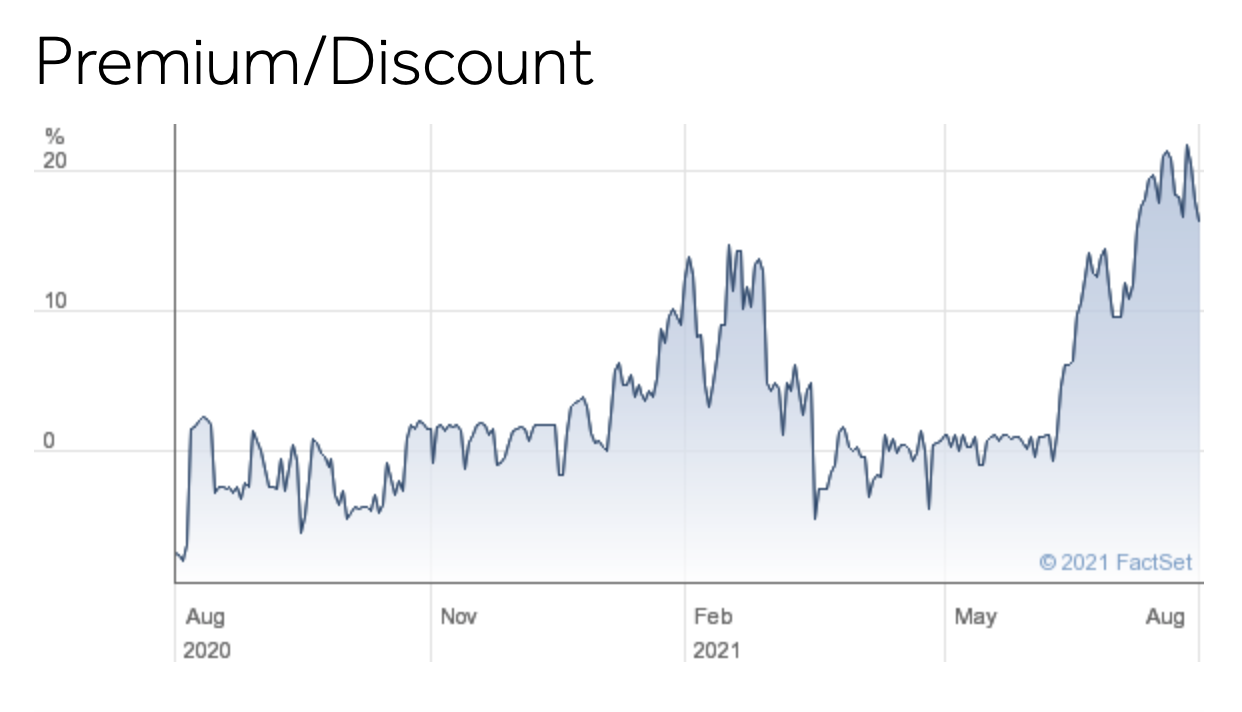Why is it so hard to choose funds/investments?
- Today's world is geared to borrowers, and loaded against savers. This is unlikely to change anytime soon
- Cash and government bonds are "trash", i.e. historically unattractive for savers
- Investors are thus pushed to invest in shares, corporate bonds, property, alternative investments
- Looking at multi-asset one-stop shop funds - e.g. Vanguard's Lifestrategy funds
- Factoring in Blackrock's 5-year asset class return assumptions
- Some simple "active" bets one can take to improve upon the classic 60% global shares, 40% global bond portfolio
The simplest choices are most unattractive today
A lot of people just want to do the right thing. They want to save for the long term. In the old days, there were simple solutions for investing your savings. The default, no risk destination for your savings was an instant access savings account at a bank or building society. Back in 1990, this savings interest rate peaked at over 13%! Even in 2007, you could get 5.5% for your cash savings.
UK savings account rate: double-digit to just 0.45% today
Source: swanlowpark.co.uk
But today, the savings interest rate is a paltry 0.45% on average! For every £100 held in a savings account for an entire year, you can expect to add a miserable 45p in interest. Hardly an attractive return on your hard-earned savings.
The second popular option, government bonds, are not any better. In return for lending your savings to the US, UK or German governments for 10 years when you buy their bonds, you will only receive 1.3%, 0.6% or -0.5% respectively in annual interest from each. Yes, that’s right, in the case of German government bonds, you are actually paying the German government for the privilege of allowing them to borrow your money for 10 years…
So if you elect to look further afield for a home for your savings, where would you choose to invest? In order to potentially earn a higher rate of return than is on offer in cash and government bonds, you have to accept a higher level of investment risk.
10-Year UK government bond (gilt) yield: from 5%+ in 2007 to just 0.6% now
Source: marketwatch.com
The obvious choices: Shares, Corporate Bonds, Property
Moving up the risk spectrum from cash and government bonds, corporate bonds, company shares and commercial property are three…









